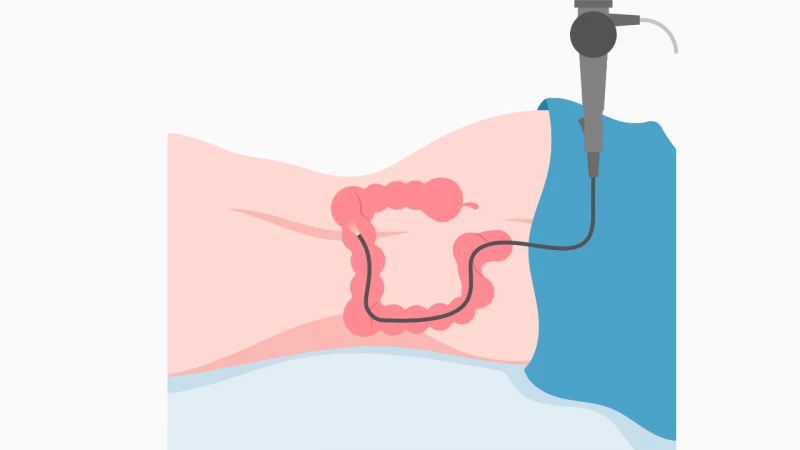Colonoscopy Can Save Lives
Colonoscopy is a procedure that allows the doctor to observe the inside of the large intestine on a monitor. During the examination, all parts of the colon are carefully inspected using a specialized instrument called a colonoscope.
A preliminary consultation with a physician is required to clarify the following points:
- Are there indications for performing a colonoscopy now or in the future?
- How should the bowel be properly cleansed beforehand?
- What are the available anesthesia options during the procedure, and which is most suitable for the patient?
- Which medications need to be discontinued prior to the procedure?
- What are the potential risks and complications associated with the examination?
How Is Colonoscopy Performed at VITA Hospital?
You will need to register and complete several documents. You will be welcomed by a doctor and a nurse. You will be asked important questions regarding allergies, existing medical conditions, and current medications.
Proper preparation is essential for a successful examination—this includes cleansing the colon. This is achieved by taking special medications that induce diarrhea. These are dissolved in water and consumed according to instructions provided by the medical staff. During the preparation period, the patient must refrain from eating.
The entire preparation process will be explained by the doctor during the preliminary consultation. Correct preparation is extremely important. An inadequately cleansed colon may result in missed detection of small polyps or tumors.
During insertion of the instrument, the inner lining of the colon and the terminal part of the small intestine are examined for structural changes. Once the end of the colon is reached (cecum, Bauhin’s valve), the withdrawal of the instrument begins. This part of the procedure is especially important, as it is when the main inspection of the colon takes place.
During the colonoscopy, photos may be taken, targeted or layered biopsies may be collected, and polyps may be removed. After the procedure, the doctor will document the findings in a special report—an endoscopic protocol—which can be used for future consultations or follow-up tests.
Conditions That Can Be Diagnosed Through Colonoscopy:
Diseases of the large and small intestine:
- Hemorrhoidal disease
- Colonic diverticula
- Colonic polyps
- Carcinoma of the colon and rectum
Inflammatory conditions:
- Ulcerative colitis
- Crohn’s disease
Before undergoing colonoscopy, your doctor will order the necessary tests to be completed either in advance or the day before the procedure.
Colonoscopy is a procedure that can be covered by the National Health Insurance Fund (NHIF).


 On this page, you can change your choices at any time after you have read and understood our
On this page, you can change your choices at any time after you have read and understood our